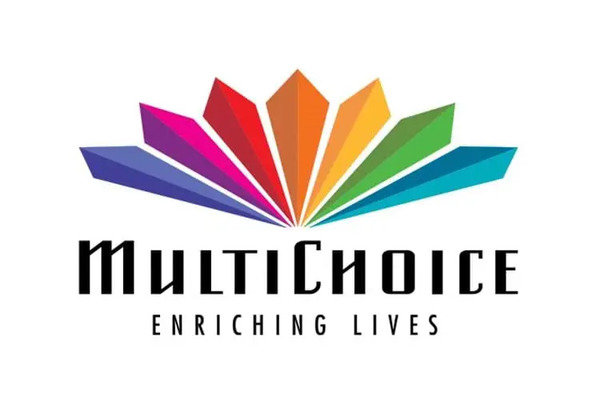The Federal Competition and Consumer Protection Commission (FCCPC) and MultiChoice Nigeria are locked in a legal battle over the latter’s decision to increase subscription fees for its DStv and GOtv services. The FCCPC contends that MultiChoice’s price hike, which saw increases of up to 25% for various packages, constitutes exploitative practices and an abuse of its dominant market position. Conversely, MultiChoice argues that in a free-market economy, it has the right to adjust its prices without requiring prior regulatory approval. The case hinges on the interpretation of the FCCPC Act and the extent of the commission’s powers in regulating prices versus investigating potentially unfair business practices. The core issue before the court is whether the FCCPC has the authority to prevent or intervene in price increases implemented by a dominant market player like MultiChoice.
The FCCPC’s intervention stemmed from MultiChoice’s announcement of price increases effective March 1, 2025. The increases affected various DStv and GOtv packages, with DStv Compact rising from ₦15,700 to ₦19,000, Compact Plus from ₦25,000 to ₦30,000, Premium from ₦37,000 to ₦44,500, and GOtv Supa Plus from ₦15,700 to ₦16,800. The FCCPC responded by directing MultiChoice to suspend the price increases pending a regulatory review. However, MultiChoice proceeded with the implementation, prompting the FCCPC to initiate legal action. MultiChoice contends that it notified the FCCPC of the intended price review prior to the FCCPC’s directive, and that the commission’s subsequent actions constitute an overreach of its authority.
The legal arguments presented before Justice James Omotosho of the Federal High Court in Abuja revolved around the interpretation of the FCCPC Act. The FCCPC, represented by Prof. J.E. Agbugu, argued that Sections 17(e) and 17(f) of the Act empower the commission to investigate price increases and protect consumers from unfair business practices. Agbugu insisted that the FCCPC’s action was not about regulating prices but rather addressing alleged anti-competitive behavior. MultiChoice’s lead counsel, N.J. Onigbanjo, countered that the FCCPC lacks the power to regulate prices in a free-market economy and that MultiChoice’s price adjustments were justified given inflation and rising operational costs. He further accused the FCCPC of selectively targeting MultiChoice while other service providers had also increased prices without facing similar scrutiny.
Onigbanjo also highlighted MultiChoice’s proactive communication with the FCCPC, pointing to a letter dated February 21, 2025, notifying the commission of the impending price review. This notification, according to Onigbanjo, preceded the FCCPC’s suspension directive issued on February 27, 2025. Further complicating the issue, MultiChoice had preemptively filed a lawsuit on March 3, 2025, challenging the FCCPC’s directive, even before the FCCPC’s subsequent threat of prosecution. This complex timeline of actions and reactions forms a crucial part of the legal arguments presented by both sides.
The FCCPC, however, argued that MultiChoice had failed to adequately justify the price increases despite being invited for regulatory engagement. Agbugu also dismissed MultiChoice’s reliance on a previous ruling by the Competition and Consumer Protection Tribunal, arguing that the tribunal’s decisions do not create binding precedents for the Federal High Court. Justice Omotosho, presiding over the case, struck out an earlier interlocutory injunction sought by MultiChoice, deeming it overtaken by events. He also permitted the FCCPC to regularize its counter-affidavit. Significantly, Justice Omotosho raised a broader question about the government’s authority to impose price controls in a free market to protect consumers. Onigbanjo responded by stating that only the President has the authority to set price ceilings, and no such directive had been issued.
The case underscores the ongoing tension between the principles of a free market and the need for consumer protection, particularly in sectors dominated by a single player. The judgment, expected on May 8, 2025, will have significant implications for the regulatory landscape in Nigeria and the extent to which government agencies can intervene in pricing decisions within the context of a free-market economy. The outcome will also likely influence future interactions between the FCCPC and businesses operating in dominant market positions, particularly those providing essential services like pay television. The case touches upon fundamental economic principles and the balance between market forces and regulatory oversight, making it a landmark case with far-reaching consequences.


